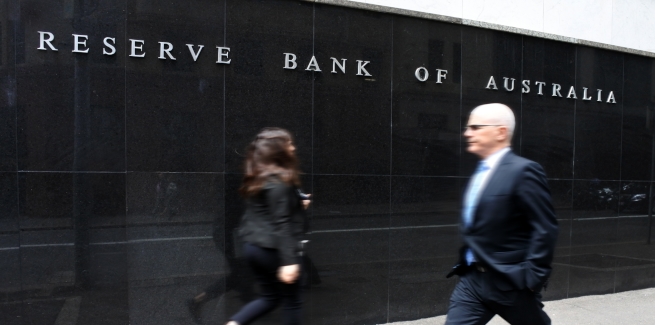In an address to the Australian Industry Group on Tuesday (22 September), deputy governor of the Reserve Bank of Australia (RBA) Guy Debelle outlined the monetary policy options available to the central bank if required to achieve its targets of full employment and 2-3 per cent inflation.
The monetary policy options listed by the deputy governor included further bond purchases in the secondary market, increasing the money supply to lower the exchange rate, and further reductions to the cash rate.
Regarding the latter option, Mr Debelle said the RBA could “lower the current structure of rates” without slipping into negative territory.
“The remuneration on [exchange settlement account] balances is currently 10 basis points, the three-year yield target is at 25 basis points and the borrowing rate of the [Term Funding Facility] is also 25 basis points,” he noted.
“It is possible to further reduce these interest rates.”
However, echoing remarks made by RBA governor Philip Lowe, Mr Debelle downplayed the effectiveness of negative interest rates.
“The empirical evidence on negative rates is mixed,” he said.
“In the short term, they can contribute to a lower exchange rate. In the medium term, the effectiveness can wane, including through the effect on the financial system.”
He continued: “Negative rates can also encourage more saving as households look to preserve the value of their saving, particularly in an environment where they are already inclined to save rather than spend. That is, the income effect can be larger than the substitution effect.
“To date, those economies with negative policy rates have not lowered them further. Instead, they have eased monetary policy settings through other means.”
However, the central bank has not entirely dismissed a move to negative interest rates, given ongoing uncertainty in the domestic and global economic environment.
Governor Lowe told the House of Representatives standing committee on economics in August: “In a world so uncertain and so fluid, I don’t think it’s prudent to rule it out, but I think it’s extraordinarily unlikely.”
[Related: RBA governor defends stance on negative interest rates]
 ;
;

Comments (0)